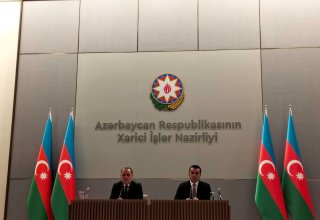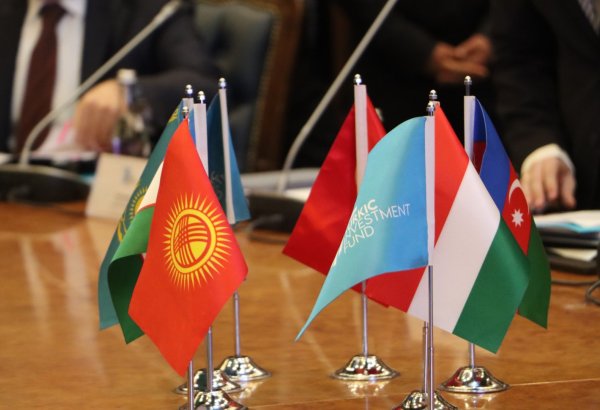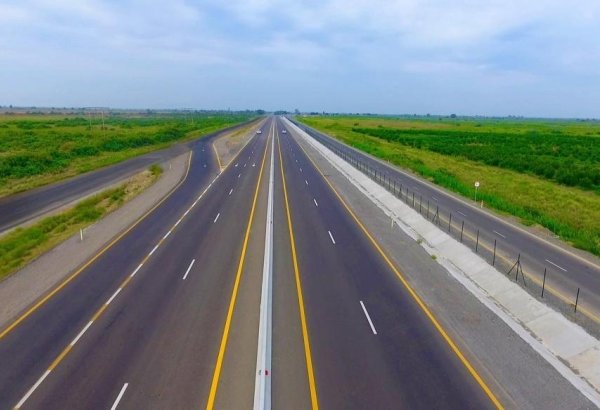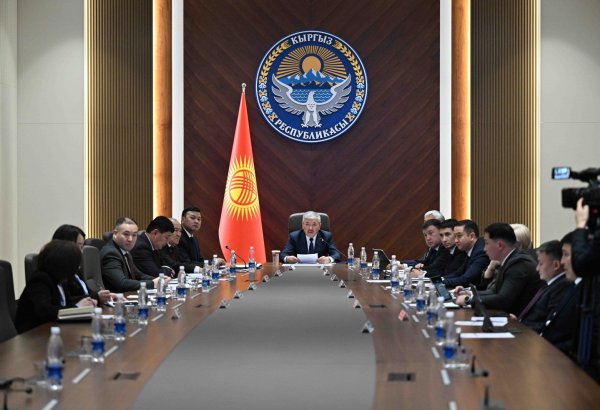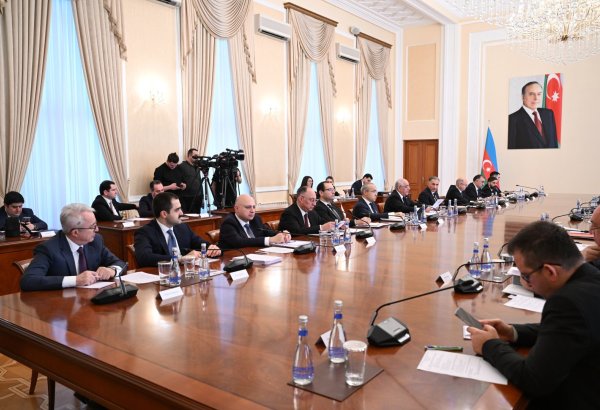BAKU, Azerbaijan, October 20. The Asian Development Bank (ADB) will provide an integrated suite of sovereign and non-sovereign finance solutions for further renewable energy growth in Kyrgyzstan under a new Country Partnership Strategy (CPS) for 2023-2027, Zheng Wu, ADB Country Director of the Kyrgyz Republic Resident Mission, told Trend in an exclusive interview, reports TurkicWorld.
He went on to say that the funding will be used to scale out the urban e-mobility program as well as support other government projects targeted at improving Kyrgyzstan's energy sector.
Zheng Wu stated that ADB is assisting the country's energy sector through a number of projects, including:
- A $100 million financing package for the Uch-Kurgan Hydropower Plant Modernization Project
- A $67.8 million financing package for the Toktogul Rehabilitation Phase 2 Project
- A $55.9 million financing package for the Toktogul Rehabilitation Phase 3 Project
- A $50.7 million financing package for the Urban Transport Electrification Project.
"Kyrgyzstan has abundant hydropower resources, with the ability to generate over 150 terawatt-hours (TWh) of electricity per year, although only 10% of this potential has been realized," he added.
"Until recently, hydropower has provided around 80 percent of its 3,920-megawatt (MW) capacity, with the remainder supplied by two combined heat and power plants in Bishkek and Osh," Zheng Wu said.
The Country Director elaborated that in June 2023, ADB introduced a new 5-year CPS for Kyrgyzstan to support the country's development goals by promoting inclusive growth that is resilient and driven by the private sector. He also stated that this new strategy is consistent with the government's medium-term national development plan through 2026 and long-term national development priorities through 2040 (2018–2040).
Zheng Wu stated that ADB will continue to assist Kyrgyzstan in upgrading vital public services such as transportation, energy, agriculture, and the public sector.
Between 2023 and 2027, the bank will have three key objectives in Kyrgyzstan, he said. He outlined these priorities as expanding economic opportunities for all, boosting the country's ability to deal with climate change and disasters, and improving governance and business support.
Regarding ADB's efforts to support Kyrgyzstan's active participation in the Central Asia Regional Economic Cooperation (CAREC) Program, he explained that the country has been actively involved in CAREC since 1997, with a consistent focus on strengthening regional cooperation to create a positive investment climate, increase trade and tourism, improve the business environment, and promote vital developments for productive employment.
In the transport field, various projects within the CAREC Program have brought benefits to Kyrgyzstan:
Rehabilitation of the Bishkek-Almaty road has allowed for stronger connectivity with Kazakhstan and reduced travel time.
The upgrading of the Osh-Sarytash-Irkeshtam highway is opening up a new trade corridor with China.
Rehabilitation of the Bishkek-Torugart road forms an integral part of the CAREC corridor, connecting Kyrgyzstan with other Central Asian countries and China.
Zheng Wu noted the government's significant success in fostering the development of the Almaty-Bishkek Economic Corridor (ABEC) with Kazakhstan since 2014. This includes suggested projects for reference laboratory testing, tourism, wholesale marketplaces, cross-border modernization, and air quality measures.
According to Zheng Wu, the bank has been one of Kyrgyzstan's key development partners since 1994. The ADB's initiatives in the country center on economic diversification, inclusive growth, and social protection.
ADB is collaborating with the country to develop its legal and regulatory frameworks, improve the business environment, make affordable finance available, ensure dependable electrical supplies, boost transportation linkages and urban mobility, and increase people's employment.
The ADB began the CAREC initiative in 1997. Its purpose is to encourage Central Asian, South Caucasus, and South Asian countries to work together and cooperate economically.











